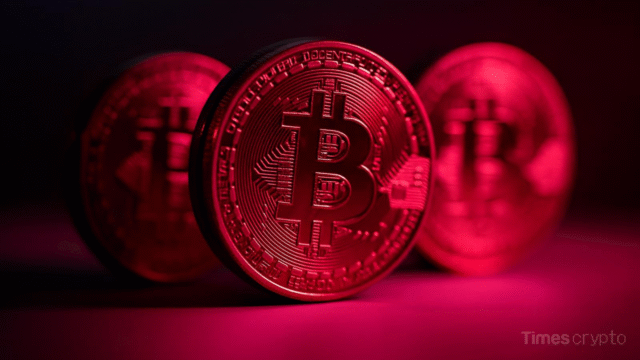Key Takeaways:
- Talks Break Down: Senate negotiations over a digital asset framework have stalled after Democrats introduced a counterproposal that Republicans say could effectively shut down parts of the decentralized finance sector.
- Republican Pushback: GOP staff paused discussions, citing Democrats’ refusal to agree to a markup schedule, despite months of waiting for feedback on the Responsible Financial Innovation Act.
- Industry Alarm: The Democratic draft drew sharp criticism from legal experts and DeFi advocates, who warn it imposes intermediary status on nearly all participants and mandates surveillance across platforms.
- Restricted List Concerns: Critics say the proposal gives the Treasury Department unchecked authority to place DeFi protocols on a restricted list and criminalize their use, raising fears of overreach and constitutional issues.
Senate negotiations over digital asset legislation have fractured after Democrats introduced a proposal that Republicans and crypto advocates say could severely restrict decentralized finance operations.
Efforts in the United States Senate to craft a digital asset framework have stalled after Democrats delivered their first legislative counterproposal to Republican negotiators. The proposal, focused on oversight of decentralized finance, was met with an abrupt halt in talks.
Shortly after receiving the draft, GOP staffers called for an immediate pause in discussions. In a message reviewed by Punchbowl News, Catherine Fuchs, lead Republican staffer for Senate Banking Committee Chair Tim Scott (R‑S.C.), told Democrats that unless they agree to a markup schedule, the talks are off:
Until we have an agreed upon date for markup, we are going to pause any further meetings.
Republicans say they have waited a long time for meaningful engagement on their draft of the Responsible Financial Innovation Act, which outlines how regulatory authority would be divided between the Securities and Exchange Commission and the Commodity Futures Trading Commission. The most recent version, released in September, was intended as a basis for bipartisan compromise.
Democratic aides, however, maintain that they will not commit to markup until consensus is reached on the text. Some within the party have voiced support for digital asset legislation, but internal divisions remain, particularly around how decentralized finance should be treated.
The draft, described as a regulatory framework for decentralized finance platforms, drew immediate criticism from prominent voices in the digital asset space.
Jake Chervinsky, General Counsel at Compound Labs and a well-known figure in crypto policy circles, posted a sharp response on X. He argued that the proposal does not aim to regulate decentralized finance but to eliminate it entirely.
In a detailed thread, Chervinsky raised several key objections.
He said the draft treats anyone who deploys or benefits from a decentralized finance protocol as an intermediary, regardless of whether the protocol operates without centralized control or whether compliance is technically feasible.
He noted that it mandates all front-end interfaces, including non-custodial wallets, to collect personal user data and monitor transactions as a method of preventing illicit finance.
He also warned that the proposal would give the Treasury Department authority to place decentralized protocols or interfaces on a restricted list based on vague and undefined criteria. Once listed, it would be a criminal offense for anyone to use or interact with them.
According to Chervinsky, this structure hands federal agencies expansive authority without clear boundaries, legal safeguards, or accountability.
“It’s not just anti-crypto, it’s anti-innovation, and a dangerous precedent for the entire tech sector,” Chervinsky said.
History Repeats Itself
Tensions around crypto legislation had been building well before the latest breakdown in Senate negotiations.
On July 2, nine Senate Democrats announced their opposition to the GENIUS Stablecoin Act in its current form, despite several having previously supported the bill’s framework.
The group included Senators Sherrod Brown, Jack Reed, Chris Van Hollen, and Elizabeth Warren, which all had backed earlier versions of the bill but warned in a statement that “the bill as it currently stands still has numerous issues that must be addressed.”
They pledged to block the measure if it reached the Senate floor without significant revisions, citing the need for stronger safeguards on anti-money laundering, foreign issuers, national security, and systemic financial risks.
Despite that resistance, the GENIUS Act was passed into law on July 18, 2025, and is now considered the backbone of the federal approach to regulating payment stablecoins. It established strict reserve requirements, oversight responsibilities, and compliance standards for issuers operating in the U.S.
However, the split in the Senate may now run deeper than it did then, and the crypto community sees the current standoff over decentralized finance as more than a policy disagreement, it is being viewed as a potential turning point for the future of innovation in the sector.
Read More: Standard Chartered Sees $1 Trillion Shifting From Banks to Stablecoins; When Will It Happen?







